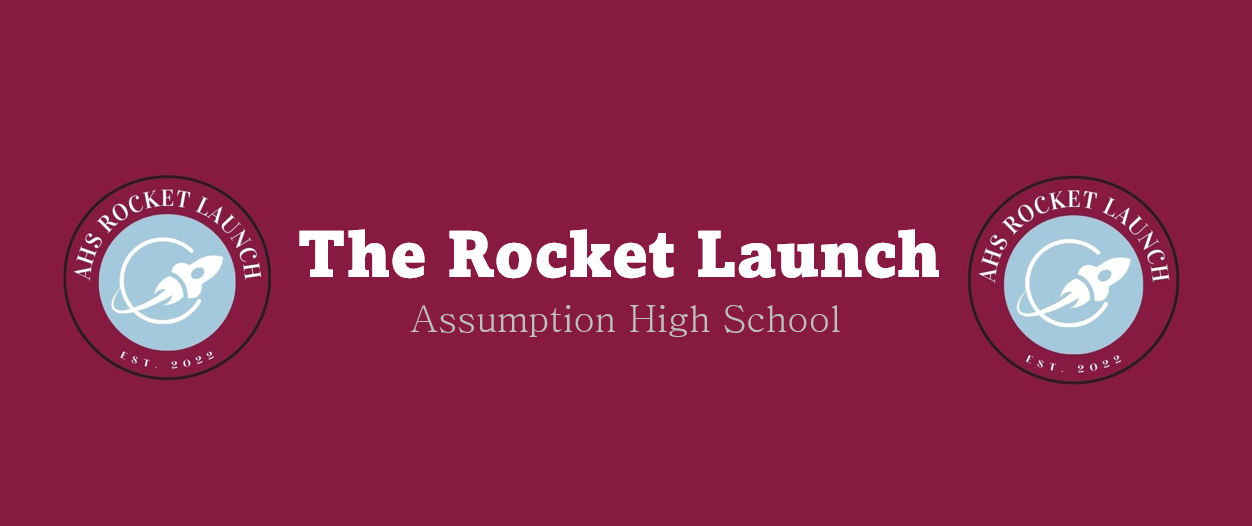Why Humans Should Evolve to Live in the Ohio River
October 19, 2022
The Ohio River. A staple of Louisville’s primitive trade market, the Ohio River’s impact on Louisville today is prodigious. But what if we evolved to live IN it?
The advantages of living in the Ohio River are impeccable. First, property would be cheap because there is virtually no housing market. Second, transportation would be second to none. No longer are the days of the automobile, now we can swim, kayak, or boat anywhere. This will cause humans to be healthier because these modes of transportation don’t omit harmful greenhouse gases. And of course, rivers are cool, which is an advantage.
With 981 miles of fun, the Ohio River borders six states, including Kentucky, and about 10% of the United States live in the Ohio River basin. As of December 2008, Answers.com reported that there is approximately 64,627.2 gallons of water. For reference, that would be around 14,6901 two liters of Mountain Dew. That’s a lot of dew.
Another reason why we should all learn to breath underwater so we can live in this majestic location is that the Ohio River is not the most polluted river. Although many sources claim that the Ohio River is one of the filthiest, and borderline unsafe, rivers in America, most environmental scientists agree that the worst river is the Detroit River. The Ohio River may be slightly hazardous, but what river is truly without strangers’ teeth or submerged Corvettes?
The issue of “not being able to breath” is a constant argument against the river proposition. But, according to National Geographic, there is a possible solution. Even though humans lack the surface area in their lungs to absorb oxygen and require more oxygen than the regular cold-blooded water-dweller, Israeli scientist, Alan Izhar-Bodner, invented a system using inspiration from a soda can that allows humans to breath underwater. These tanks may be a little expensive and hard to get, but the roughly 618,733 people who live in Louisville can make is work. After all, we do get tourism money from the Derby!
The transition from land to water may seem daunting to some, but I see it as reconnecting with our roots. All those 375 million years ago, our ancestor, the tiktaalik, or walking fish, climbed out of the water, but I say, we should climb back in.






















Heidi F • Nov 30, 2022 at 11:59 am
dang i never knew it was 981 miles long!!
b • Oct 20, 2022 at 9:45 am
gnarly
Lila Bensenhaver • Oct 20, 2022 at 8:46 am
wow! what a great story! i totally agree with said article!